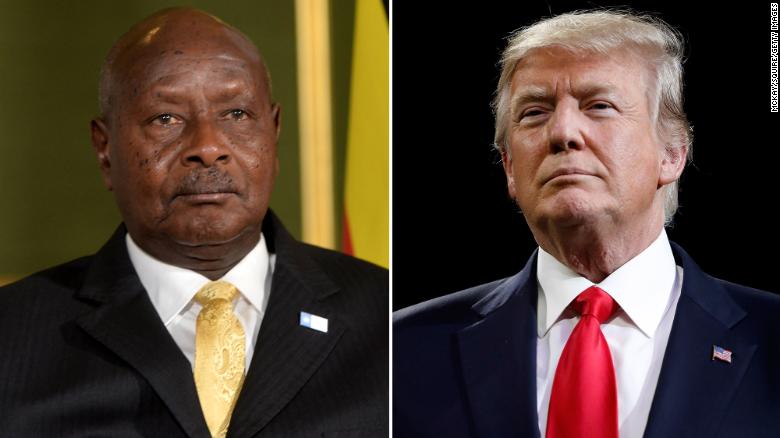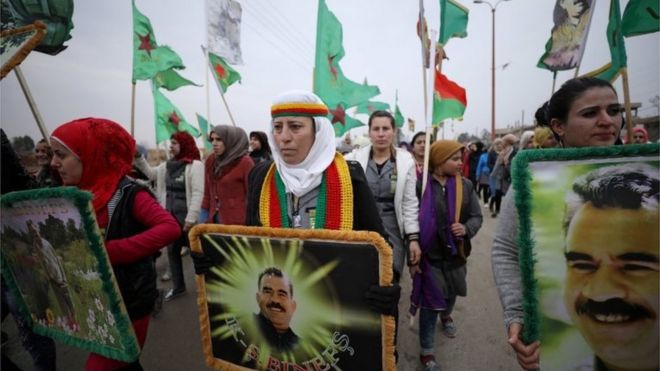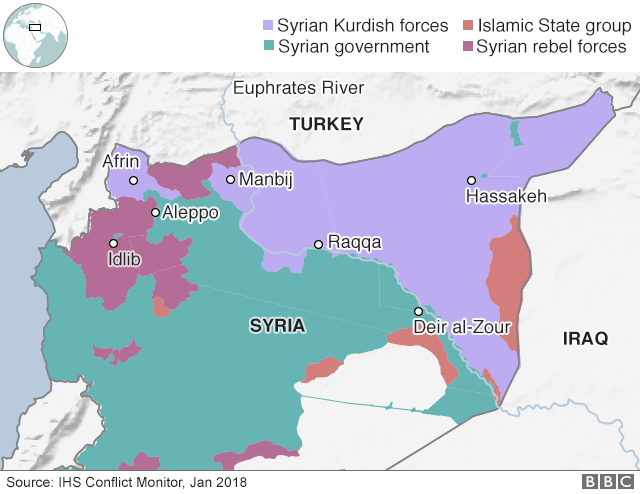 |
| Journalists protest against the increasing oppression of press freedom in Sudan. |
The press freedom laws in Sudan have changed a lot in the past years, but not for the better. Osman Mirghani the editor in chief of a local newspaper in Sudan says: “When we started working in the 90’s the [press] freedom was much more than it is now. There are a lot of regulations the government uses such as confiscating newspapers.”
Several newspapers have been getting confiscated before hitting the streets of Sudan. Editors say that national security agents and printing press houses confiscate papers containing news critical to the government and their actions.
Eight journalists were arrested by government officials after covering violent protests against a new government measures that increases the price of bread and other products. These journalists were recently detained and the people are fed up of the government who are directly imprisoning journalists without a proper court trial.
Najeeb Adam a press freedom activist says: “The right way to regulate the press is through the courts since there are laws… confiscating papers and things like that is not a good idea and journalists who are detained should be presented to court and if they have any fault they should bear responsibility but they shouldn't be put in jail without a clear charge.”
In addition to that the government is trying to deliberately pass a bill which would allow national security agents to shutdown newspaper, radios and TV station for 15 days without giving a reason. If this bill were to become a law Sudan’s press council could ban any journalist who expresses opinions against the government.
Journalists are concerned not because they're being charged for what they’re reporting on but being restricted from reporting in the first place. And the shutting down
Reporters without borders, an international organization ranked Sudan 174 out of 180 countries in terms of press freedom and it could only get worse if nothing is done to control this situation.
Historical connections: Before the 1989 coup led by military officers under Col. Omar Hassan al-Bashir, Sudan had a lively press, with most political parties publishing a variety of periodicals. But after that censorship became common and regulation on news became tighter.
Discussion questions:
Should other nation or the UN get involved into the situation of the Sudan government officials unjustly detaining journalists without a fair trial?
How could this law negatively affect the government, including their economy and etc?
If the bill was to pass how could residents of Sudan get raw, uncensored news to know the truth about what’s happening?















